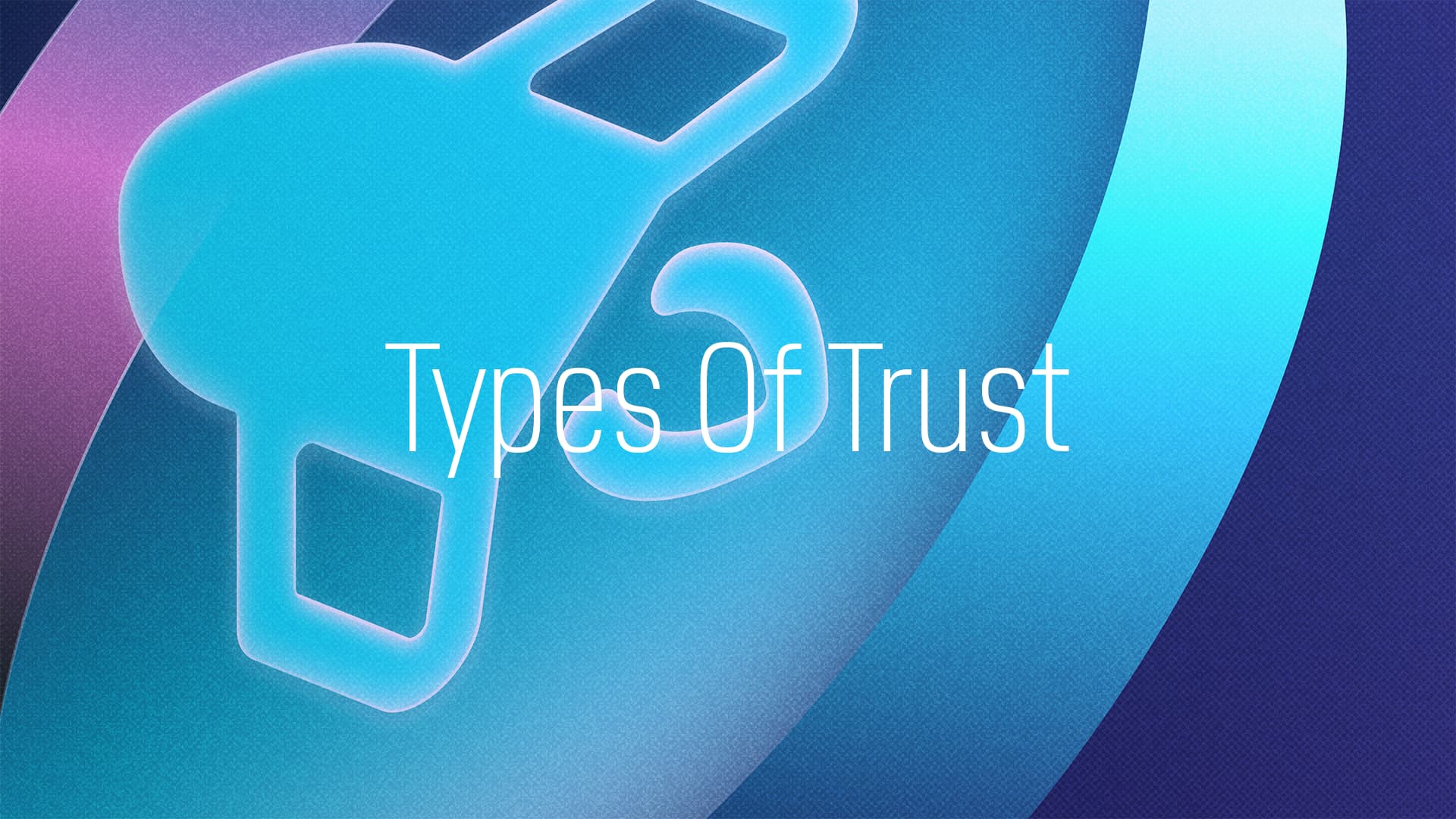Is Whole Life Insurance A Suitable Investment For Individuals Starting At Age 70 Or Older?

The question of whether whole life insurance is a suitable investment for individuals starting at age 70 or older is nuanced, hinging on several key factors, including the individual's financial situation, health status, and estate planning goals. While whole life insurance offers a unique combination of benefits, from cash value growth to a death benefit, its suitability for seniors requires a detailed examination.
Financial Considerations for Seniors
Cash Flow and Asset Availability
The feasibility of whole life insurance for a senior significantly depends on their financial liquidity. For those living primarily on fixed incomes, such as Social Security and pensions, without substantial additional cash flow or lump sum assets, whole life insurance might not be practical. The premiums for whole life insurance, especially initiated at a later age, can be substantial, necessitating either steady extra cash flow or available assets that aren't needed for immediate income.
The Case for Financially Prepared Seniors
Conversely, seniors who possess additional income beyond their immediate needs or have assets that are not earmarked for income generation may find whole life insurance a valuable component of their financial strategy. This demographic can leverage whole life insurance for its cash value growth and estate planning advantages, assuming the premiums are within their financial capacity.
Health and Insurability
A critical determinant of whole life insurance suitability for seniors is their health status. Insurability remains a cornerstone requirement; thus, a 70-year-old considering whole life insurance must be in relatively good health. Interestingly, the insurance industry accommodates policy issuance up to age 90 under certain conditions, broadening the window of opportunity for seniors to obtain coverage.
Cash Value Growth: A Closer Look
Using truth concepts calculators, it's demonstrable that the growth rate of the cash value in a whole life policy is not markedly different across age groups. For example, while a policy for a 3-year-old might exhibit a growth rate of approximately 4.2%, a policy for a 70-year-old might show a rate closer to 3.6%. This marginal difference underscores that the cash value growth aspect of whole life insurance remains compelling, even for policies initiated at a senior age.
Whole life insurance can indeed be a suitable investment for individuals starting at age 70 or older, provided they have the financial means to afford the premiums and are in good health. It offers a stable growth vehicle for cash value and serves as a strategic tool for estate planning. However, for seniors with limited financial flexibility, the costs associated with whole life insurance may outweigh the potential benefits. Each individual's circumstances are unique, and consulting with a financial advisor who understands the intricacies of whole life insurance is crucial to making an informed decision.



